 THE uplifting adage “attitude is altitude” aptly pinpoints how the power of positive thought and intention affects every aspect of our lives.
THE uplifting adage “attitude is altitude” aptly pinpoints how the power of positive thought and intention affects every aspect of our lives.
“For decades, scientists have tried to test the power of prayer and positive thinking, with mixed results,” writes Barbara Bradley Hagerty the NPR National Desk religion correspondent.
“Can Positive Thoughts Help Heal Another Person?
“The idea that positive thoughts and prayer can affect your health has been taught at medical schools for years. But can your thoughts affect another person physically?
“A few renegade scientists are conducting studies between loved ones to find that out — and they say it’s possible.”(Listen to Barbara Bradley Hagerty on NPR’s All Things Considered):
“Now some scientists,” she comments on a study of the science of spirituality, “are fording new, and controversial territory.”

In an area of esoteric inquiry which is sometimes called Mental Alchemy and/or Metaphysics, a lot of thinkers over the ages have stated the idea in various ways.
Ancient wisdom traditions maintain that thoughts are actual things, and that one’s thoughts are the result of an unalterable universal law called “Cause and Effect,” and will manifest themselves at some point in one’s life.
The conviction that thoughts are the great determiners of the content of one’s life, inspires many to carry on through life’s difficulties.
The law of Cause and Effect can also be described as “For every action, there is a reaction.” Since thoughts are actual things, and since thoughts are also actions, it means that the thoughts will invariably cause a reaction that will result in a manifestation of their effects.
Placebo vs. Nocebo
“Sow a Thought, Reap an Act;
Sow an Act, Reap a Habit;
Sow a Habit, Reap a Character;
Sow a Character, Reap a Destiny.”
– Upanishads
Our subconscious thoughts and images are the main drivers holding the steering wheel of the car, explains frontier biologist Bruce Lipton. This is the piece left out that explains why visualizations and the power of “positive thinking”often end up disappointing us.
Whose in Charge?
In medicine there is a little understood power call the “placebo effect” that refers to health benefits produced by a treatment that should have no effect, (i.e. a sugar pill instead of a medication.)
“Patients experiencing the nocebo effect experience the opposite,” Brian Reid explains in a revealing Washington Post article, (click here to read and download a .pdf copy of the nocebo effect):
“…they presume the worst, health-wise,” Reid says, “and that’s just what they get.”
![]()
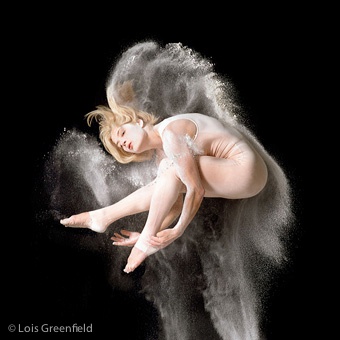
It is humanity’s Herculean task, wisdom teachers say, to “master all the mental changes” in ourselves inherited from past lifetimes. This task is described by The Voice of the Silence Fragment III, where we must slay “the army of the thought sensations that, subtle and insidious, creep unasked within the Soul’s bright shrine.”
This army is what modern science calls the “nocebo effect” [Latin for “I will harm”], placebo’s evil twin — is always hard at work undoing our health and well-being, without our conscious knowledge.
Thought Meds
“But convincing doctors that their patients’ problems may be more than biochemical is no simple trick,” writes Brian Reid. “The nocebo effect is difficult to study, and medical training leads doctors to seek a bodily cause for physical ills.” This effect of thought on well-being, is the classical karmic formula found in the teachings of all wise teachers down the ages.
Future of Medicine
The Chinese sage Lao-tzu’s simple but powerful teachings and insights in the “Tao Te Ching” had a profound influence on Eckhardt Tolle, who then shepherded the ancient healing philosophy into mainstream awareness in his book “The Power of Now,” which he followed in subsequent writings and lectures.
Click photo below for The Art and Beauty of Lois Greenfield Dance Photography:
“The Master sees things as they are,
without trying to control them.
She lets them go their own way,
and resides at the center of the circle.”
Tao Te Ching (29)
(by Lao-tzu, from a
translation by S. Mitchell)
“If you think you have an incurable disease,” it is said in The Living Matrix movie, “you are right.” But if you think your problem is curable, then “you are also right.” The placebo effect “is really another way of talking about the body’s self-healing capacity,” says biologist and author Rupert Sheldrake, “and anything that unleashes more of that is going to be a better system.”
Your Brain On God?
“New research suggests that spiritual thoughts and prayers have an enormous effect on a person’s ability to heal or stave off disease,” says the NPR Article. Called ‘psychoneuroimmunology,’ the idea is that thoughts affect your body.”

“But now scientists, including those at the National Institutes of Health,” the report says, “are engaging in research to uncover whether a person’s thoughts can affect another person’s body. Centers around the world are tackling prayer and healing in a revolutionary way.”
The Love Study
In the documentary “The Living Matrix”, the president of the Institute of Noetic Sciences in Petaluma, Calif., Marilyn Schlitz, explains “The Love Study.” In this experiment, two people who share close personal ties are placed in separate rooms, and one is asked to think intensely about the other person.
Scientists then watch for physical evidence that one subject’s thoughts might be affecting the other. [A Scene From ‘The Living Matrix,’ Copyright 2009, Emaginate. Credit: Maria Godoy, Brian Cordyack, Erin Killian and Barbara Bradley Hagerty / NPR]
Final Conflict
The practical application of Theosophy’s core teaching about the ‘dual mind’ is easily understood in the Persian [Iran] characters of Ormuzd and Ahriman.
“The deadly strife between spirit and matter, between light and goodness and darkness and evil,” began on earth, Blavatsky says in her article Thoughts on Ormuzd and Ahriman, “with the first appearance of contrasts and opposites in vegetable and animal nature.“
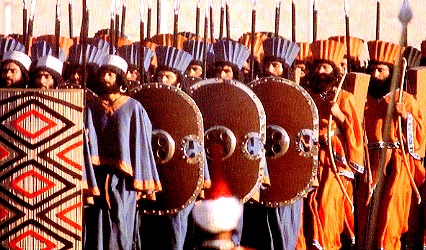
The warfare “continued more fiercely than ever after man had become the selfish and personal being he now is. Nor is there any chance of its coming to an end before falsehood is replaced by truth, selfishness by altruism, and supreme justice reigns in the heart of man. Till then, the noisy battle will rage unabated.”
Blavatsky then approvingly quotes J. Darmesteter, a translator of the Vendidad: “The world, such as it is now, is twofold, being the work of two hostile beings, Ahura Mazda, the good principle, and Angra Mainyu, the evil principle; all that is good in the world comes from the former, all that is bad in it comes from the latter.”
“The history of the world is the history of their conflict, how Angra Mainyu invaded the world of Ahura Mazda and marred it, and how he shall be expelled from it at last. Man is active in the conflict, his duty in it being laid before him in the law revealed by Ahura Mazda to Zarathustra.
“When the appointed time is come, a son of the lawgiver still unborn, named Saoshyant (Sosiosh) will appear. Angra Mainyu and hell will be destroyed, men will rise from the dead, and everlasting happiness will reign over all the world. “
♥

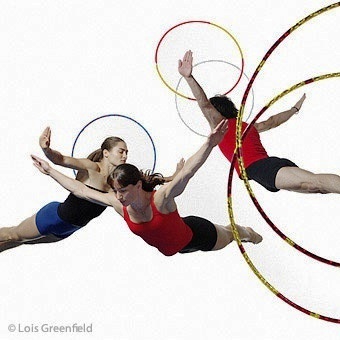
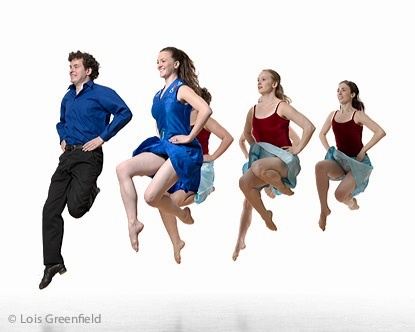
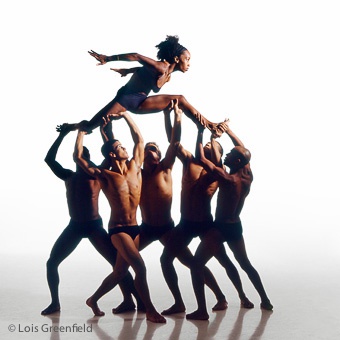




Good post!
LikeLike
Thanks for your comment and readership. Namaste!
LikeLike
Interesting idea! After I spent years separating myself from my Irish Catholic conservative teachings, I find it easy to accept, maybe because there is no accusation/judgment involved, or at least I do not “feel” any. Thank you.
LikeLike
Buddha would probably agree with you, thanks for your comments. He did not found a religion – that was only invented by his later disciples and monks. “All that we are is the result of what we have thought,” is attributed to him, the first principle in the Dhammapada. Namaste!
LikeLike
Thank you so much for this post, TW, sorely needed. We live in times where events on the world stage, pounded into our psyche by the 24 hour news cycle, can easily embitter us, and we may find ourselves drifting between a sense of becoming desensitized and feeling overwhelmed with sorrow at our lack of humanity and unconditional love for one another. But this reminder that the destruction is NOT how the story ends, that like all other times it is a cycle we must get through, however long, is a balm and a faith that the power of Good wins over evil. NAMASTE.
LikeLike
Namaste Devisun … hope springs always bubbling if we can hear it so much the better!
LikeLike